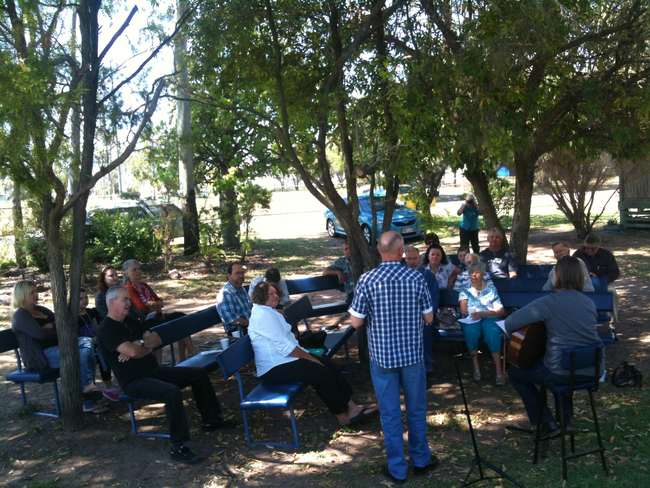Rule #12 - Don’t Take Counsel of Your Fears or Naysayers.
We as leaders all face a crisis of growth and all the fears associated with our personal change as we transition from ordinary to extraordinary leaders.
Like many leaders I have had to face off my fears. Fear is simply emotional energy focused on a negative outcome. For example, I used to dread public speaking.
I have overcome that fear by turning the negative emotion of fear into a positive one of excitement about what I have to share, and its’ possible impact on just one person, let alone a whole audience.
Over the last four years I have faced some other fears that have affected my ability to effectively lead. Fears such as the fear of success, worthlessness and rejection.
Fear of success. I would consistently (mostly unconsciously) sabotage my chances for advancement. I just wanted to be “one of the boys”, and incorrectly thought that success would adversely affect those relationships.
If I am fearful of your opinion of me, then can I lead you anywhere?
Fear of my own worthlessness. My sense of my own worthlessness often inspired social comparisons and antagonisms (consistently comparing myself to “the Jones’”), toward a tendency to make self-love the primary condition for my actions (self-conceit), and ultimately toward an unjust desire to gain superiority over others.
Conversely, at other times, this fear also drove me to be a man pleaser. I would do all I could to fit in and not make waves.
If I am always trying to be better than you, can I empower and bring out the best in you?
With worthlessness came a Fear of critique and rejection. Because I perceived myself as a competitor inside the organisation, I feared the critique and rejection by others.
This in turn lead to less knowledge sharing and collaboration, to value talking more than taking action and looking smart more than making mistakes and learning from them.
If, as a leader, I am fearful of your opinion of me, if I don’t trust you, then can I lead you anywhere?
Leadership is about fear, and courage. Courage is not the absence of fear but a willingness to go on in spite of our fear. It is a firm unyielding resolution to live out the values you hold dear, no matter what forces throw themselves against you.
What helped me?
I began developing humility in my life.
Some benefits of humility have been associated with reductions in anxiety, fear and depression, openness for new experiences and learning, greater empathy, compassion and altruism, and higher job satisfaction and morale at work.
Humility allows us, as leaders to see in our followers a reflection of our own need to learn and improve.
Humility allows a leader to be more patient with those who are still learning and prone to mistakes. Patience is critical in building trust. Conversely impatience, the very antithesis of trust, breeds’ anxiety and even fear among those we lead.
Followers will view leaders who can overcome their fears, and not mask their feelings as they work through the messy growth processes, more favourably. Our vulnerability will also legitimise our followers’ own growth journeys, and create higher performing organisations.
If we wish to be empowering leaders, exceptional and great leaders, we eventually have to face our fears as we face a crisis of growth and transition from ordinary to extraordinary leaders.
Do you think fear has affected your progress as a leader? How have you learned to deal with your fears?
Alan Hooper and John Potter., Intelligent Leadership.
Bradley Owens. Humility key to effective leadership. physorg.com.
Bradley Owens, et. al. Exploring the Relevance and Implications of Humility in Organizations.
Colin Powell’s 13 Rules Of Leadership
Geoffrey James. 7 Traits of Truly Inspiring Leaders.
Debra. A. Benton., How to Think Like a CEO.
Dr. Mike Armour. The Payback for the Humble Leader: Humility and Leadership
George Lands on transformation theory 1973
Jason Cope., Entrepreneurial learning from failure: An interpretative phenomenological analysis.
Jeanine Grenberg., Kant and the Ethics of Humility: A Story of Dependence, Corruption, and Virtue.
Kevin Everett FitzMaurice., The Enemy Within.
Peter Gruber., The Four Truths of the Storyteller
Robert Furey, PhD., So I’m Not Perfect: A Psychology of Humility.
Ronald E. Riggio, Ph.D., Top Level Leadership - The Triumph of Humility Over Arrogance: How can a Sometimes supremely Confident Leader Also be Humble?
